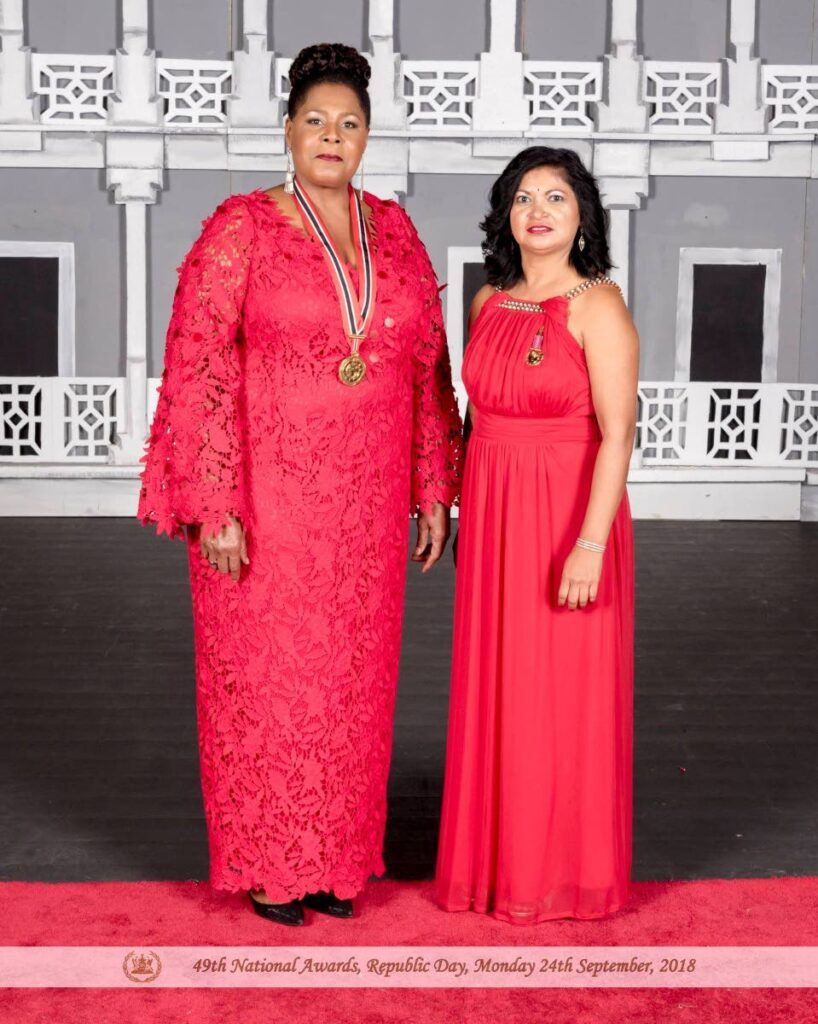Dear Michelle Bachelet,
Congratulations on your appointment as the first head of UN Women.
Like others in this forum, I am thrilled to learn of the creation of a new space for women’s voices and activities within the UN system.
Indeed, it signals a broadening of the approach to international governance and for recognition of the contribution and potential contribution of women to the process and to balancing the equation for nearing the millennium development goalposts.
However, I believe there is need for significantly deeper interrogation and analyses on the capacity of women leaders for change; to identify challenges and come up with solutions given that there is widespread belief that even where women’s leadership and participation have increased, there have not been concurrent reflection related to their impact on their spheres of leadership.
I may refer to a recent analysis, for example, which highlighted the clear disjoint between increased women’s participation, in this instance, political participation, and the impact they have had on their areas of jurisdiction in the Caribbean where, not only efforts at increasing participation are sporadic and piecemeal, research and documentation in this area are also poorly lacking.
That report looked at efforts by the Network of NGOs of Trinidad and Tobago for the Advancement of Women, of which I am international relations director, in increasing political participation by women through training, networking, funding and documentation.
It found that representation of women’s interests by women in power did not increase, despite increases in their numbers and the exposure to ideas and tools of gender equity. Women MPs and decision makers are not raising issues of concern to women as they should.
For this, there may be several reasons. These are the reasons that UN Women needs to unearth and turn its focus on. Not to discount the fact that in several societies, including our own, there are substantial numbers of disadvantaged, disempowered women, it seems for too long we have hid behind the victims’ veil; as recipients rather than shapers and molders of modes and models of governance whether at the domestic, national or global levels.
But there is an inherent paradox that most of the societies where the problems seem most endemic, boast of matriarchal systems. There is another paradox that UN Women can lead the way in deciphering: that while women – stereotyped as we are – have for centuries formed the majorities in the nurturing category and hence part of the baseline in shaping character, habits, beliefs and behaviour – as care givers, mothers, teachers, nurses –there does not seem to have been any equivalent transference of notions of gender equality, equity and respect for women across the board in our societies.
In effect, it seems to me that as architects of the perspectives and outlooks of boys as much as we are of girls and as primary transmitters of culture, knowledge and education, women have not been changing, but replicating and transferring habits, beliefs and practices that promote inequalities to the boys as much as the girls who grow up to become leaders.
We need to examine more deeply and find means of addressing perceived lack of impact women leaders have been making in their spheres in a more holistic manner. Commendations to the Organisation of American States for organising the upcoming symposium on women’s leadership in collaboration with your organization, UNIFEM and others, but unless the outcomes of this are not collated and critically analysed and set before the global public, it runs the danger of becoming another talkshop.
What are the anticipated outcomes of this forum? Increasing numbers and increasing awareness are clearly not enough. There must be deeper focus on targeted programmes and actions that can bring desired results for gender equity, as well as for women to not just pass on responsibility for shortcomings and failures on historical and/or patriarchal systems and beliefs, but also to come to terms with and admit our own failures as well as part of the process of mapping a way forward.
I would like UN Women to deepen the introspection and interrogation of the intrinsic ways women have been shaping our societies – to unearth both the negatives and the positives and so advance and evolve more meaningful solutions for new directions. In doing so we can celebrate successes, but we also need to own our shortcomings.
Qualitative is as important as quantitative change. Are we owning-up to our own responsibilities for the gender gaps and development divides? What have we as women, mothers, as executives and leaders not done? Where have we fallen short? This seems to me to also be a crucial element in the way forward.












